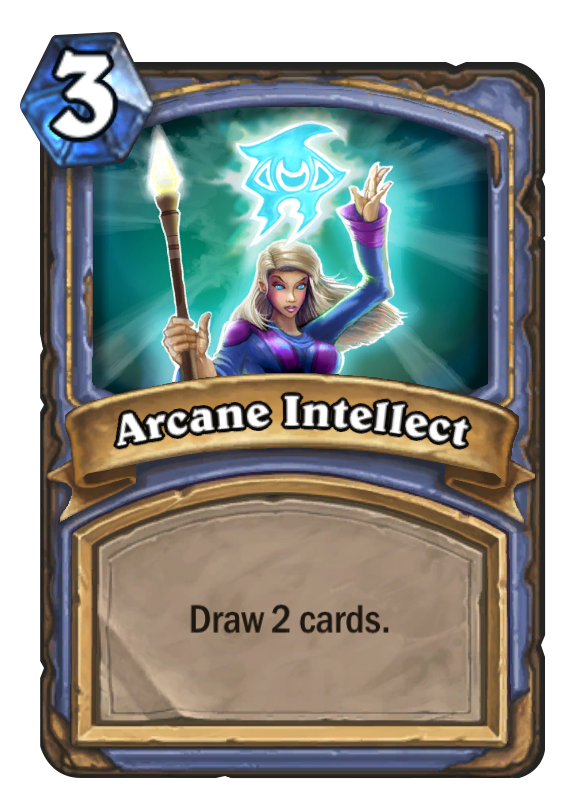Universal Card Game Fundamentals
I personally love card games. They appeal to me in a really special way that a lot of people seem to not understand. In my life I've played Hearthstone, Shadowverse, Gwent, Yugioh, Pokemon, and mostly Magic: The Gathering. I really love diving into a card game and exploring it's popular decks, interesting cards, and unique play patterns. I find myself often talking to people who don't have a knack for card games like I do, and often terms like "pay to win" and "power creep" come up. Unfortunately, these do tend to be the plague of great card games, but I also often find that the people complaining about pay to win designs and power creep are just bad at card games. They lack basic understanding of how to gain an advantage. Since I'm passionate about it and the conversation keeps happening, I figured I'd organize my thoughts so I can present them better to new card game players.
Card Advantage
Card Advantage is the concept of having access to more cards than your opponent. It can be a difficult concept to grasp for two reasons: One being it's not always obvious and two being it's not always the most important thing to focus on. The reward for having card advantage is having access to more resources than your opponent. So, theoretically, if all of your cards trade down equally and you had access to more cards, you would win.
Drawing Cards

The most common example of card advantage is a card that draws more cards. More specifically, if you spend a card to draw two (or more) cards, you now have one more card than your oppoenent. At a first glance this can sound absurd, as a card that puts you up on cards with no drawback seems like bad design. However, there's a hidden drawback a lot of players don't think about called tempo, which is basically the in-game time it costs you to play the card. We'll get more into tempo later.
two for one (or X for 1)
Card advantage can come in other non-intuitive ways too. Take a look at Cryptic Command from Magic: The Gathering:
This card is the pure essence of card advantage, but it doesn't draw multiple cards. Instead it's what we call a "two for one". A two for one is a game action that cost you one card but caused 2 effects. Cryptic Command is a two for one because of the "Choose two" text, meaning that you can use two of it's possible four "modes" when playing it. This allows the player to deal with two things the opponent is doing by using one card, thereby meaning they will be up on cards and have card advantage.
Sidenode: It does not specifically have to be a two for one, it could be an X for one (or many for one). These often come in the forms of cards called "board clears" that get rid of everything in play (note that not all games have board clears, but they come up often).
Tempo
Tempo is another important card game concept. Tempo refers to using time as a resource. Let's take a look at Ravenous Chupacabra:

This card is a good example of costing your opponent tempo while using your own time efficently. Ravenous Chupacabra gets rid of one of your opponent's cards while putting a card into play. Your opponent spent time (their turn) putting that card into play, so you cost them their time. Playing for tempo can also mean playing cards at a faster rate than your opponents can answer them, or playing cards with a way to back them up (for you intermediate players these are aggressive and tempo decks).
Hanging/Floating Resources
If the card game you're playing has resources, you should be looking to spend all avaliable resources to you each turn. In Magic, that means using all of your lands. In Hearthstone it means using all of your mana. Floating resources aren't spent, so if your opponent spends their resources efficiently and you don't, you'll fall behind. This concept can often go hand in hand with tempo since you always want to try to use your resources efficiently also often means using time efficiently.
That's all for now
I hope someone learns some nice fundamentals from this. Card game newcomers often have so much information thrown at them with game mechanics and design they don't learn card game fundamentals.
Further Reading
Tempo
Card Advantage
#100DaysToOffload